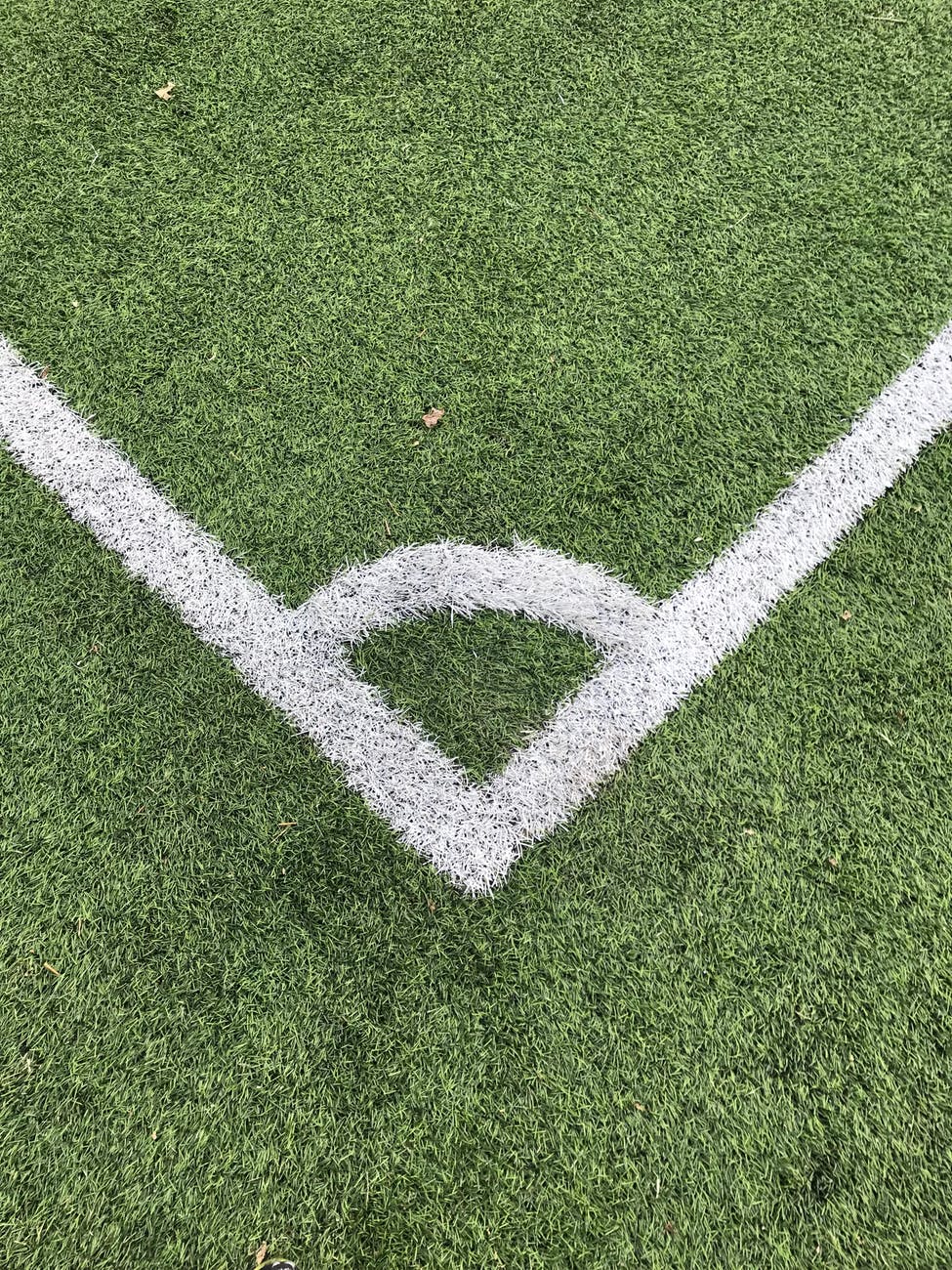
Haiku copyright Francis Barker 2020
I used to enjoy football (soccer) but the lockdown situation of this year and the non spectacle of games being played in empty stadia has made me see all sport in a different light.
Words and Books

Haiku copyright Francis Barker 2020
I used to enjoy football (soccer) but the lockdown situation of this year and the non spectacle of games being played in empty stadia has made me see all sport in a different light.

copyright Francis Barker 2020

copyright Francis Barker 2020

The latest controversies, decisions which have swung on measurements of no more than a few millimetres, plus perhaps inconsistent interpretations of the offside rule, have affected the course of games and perhaps even decided the results of some.
For years there was a clamour for the use of such technology, now it seems many can’t wait to get rid of it. I also detect that there is a sense among some that the technology somehow favours the ‘bigger’ clubs, although I don’t think this is true.
However, when you examine the great majority of incidents, even if the decisions are minimal, they are invariably correct. Yet, as in some cases, a player is adjudged to be a few millimetres offside after the referee initially gave the goal, there is no leeway, no place for ‘commonsense’ or the application of the spirit rather than the rule of ‘law’.
My own opinion is that VAR should only be used sparingly, and, if an attacking player is only the merest snip offside through VAR but looks onside by the naked eye, then the referee’s original decision should stand and the benefit should go to that attacker, otherwise I believe the whole nature of the game (and it is a game) is surely in doubt in the long term.
copyright Francis Barker 2019

Considering the dominance of Liverpool in the 1970s and 80s it has been surprising that this famous club has not yet had its name engraved on the Premier League Trophy.
However, that drought is almost certainly about to be quenched by what I regard as the greatest team to have ever graced this most difficult league, Jurgen Klopp’s irresistible Liverpool side.
The transformation that the charismatic German manager has achieved is utterly remarkable. He arrived a few years ago with a peerless CV. Here is the man who managed turn Borussia Dortmund into a German giant with the capability of rivalling and beating the mighty Bayern Munich in a style of football which is both skillful and totally uncompromising, relying on the highest possible fitness levels. The drive and relentless posivity which Klopp has infused to every team he has managed, has brought the greatest rewards with Liverpool, earning them a Champions League trophy and World Club Cup Championship in 2019.
Nevertheless, I think it’s fair to say that the greatest prize Liverpool are seeking is the English Premiership Title. The last time the club finished at the pinnacle of the English game was in 1990, nearly 30 years ago.
What’s more, a Premier League trophy in 2020 would also take Liverpool’s tally of top flight championships to 19, just one behind their bitter arch rivals, Manchester United, a fact which is bound to stir the North West giant into seeking their own renaissance over the next few years.
The only question remaining for this season is not who might win the Premier League, but rather if Liverpool can go unbeaten the whole season and beat Manchester City’s tally of 100 points from 2017. The way Liverpool are playing I wouldn’t bet against either of these.
copyright Francis Barker 2019